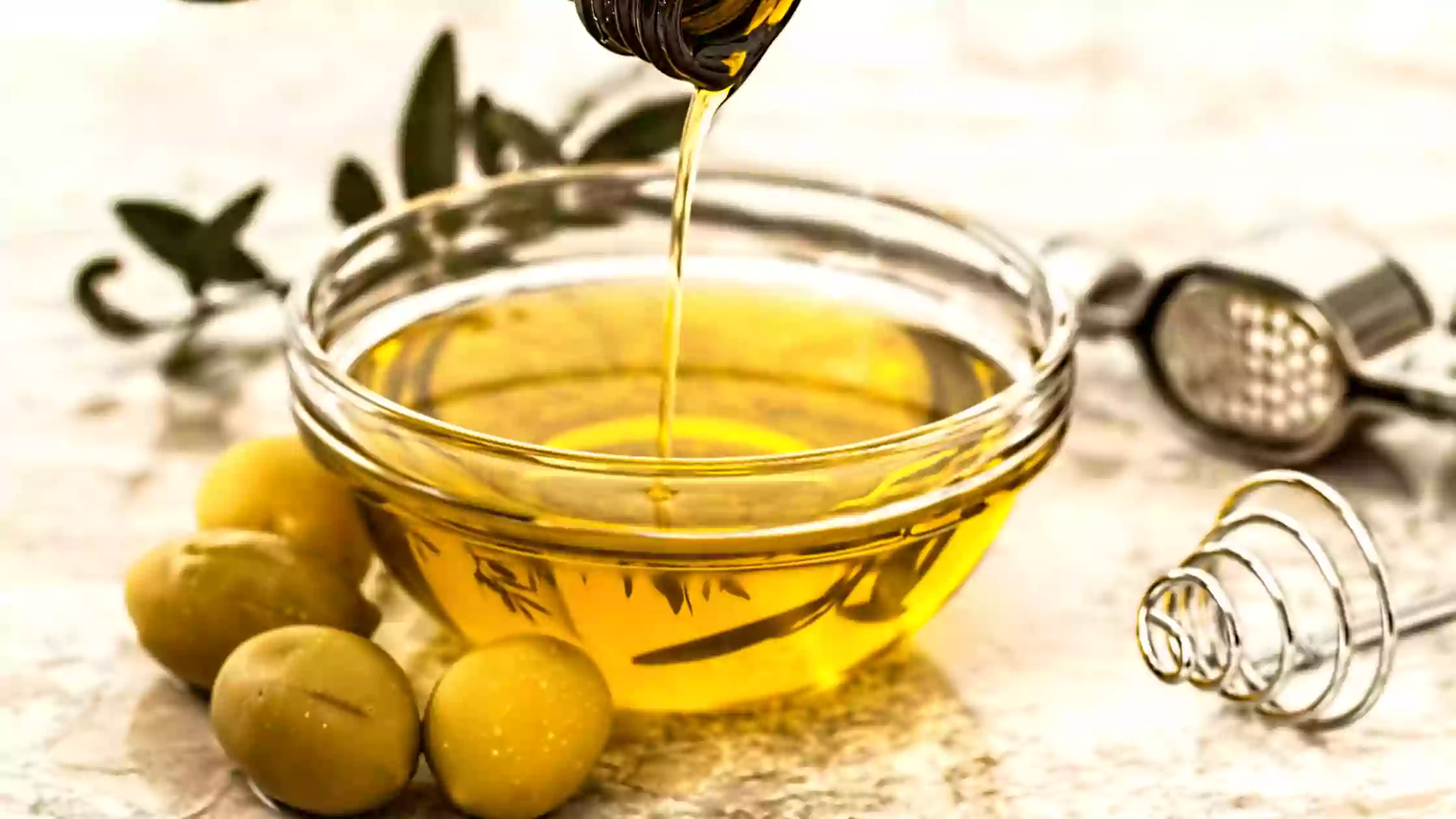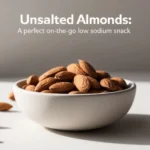Extra virgin Olive oil is one of the most popular health foods; it is also one of the most controversial. Does olive oil deserve its status as a superfood? Or does it just taste good?
This guide looks at what we know about olive oil, so you can decide whether to include it in your diet and how much to use.
Humans have been using olive oil for cooking and skincare for centuries. But people do not know about the benefits and side effects. You may be surprised to learn that linked to cancer prevention. Some olive oil myths and facts you need to know. You can find olive oil in every grocery store.
but what is the truth behind this common fat?
Olive oil praising as both healthy and unhealthy, so we decided to look into the research itself to see what the truth is and what the myth is.
Read on to find out whether you should cook with it, how much you should use, and the health effects of oil!
Before we get started-
To help you understand if olive oil is good for you, we need to look at some other oils. Take avocado oil, for example. According to traditional Ayurvedic medicine, consuming avocado oil can cause rapid gain in weight. It can be to its high-calorie content; with 900 calories per 100g of avocado oil, it has a lot of weight (no pun intended) when it comes to calories. And then there is coconut oil.
Studies have shown that coconut oil increases blood cholesterol levels and puts people at risk of heart disease. So what about olive oil? Is it any better than these two?
What are fats?
Fats are triglycerides. Triglycerides made is three fatty acids attached to a glycerol molecule. Fats play a role in our body, not only because they provide energy but also because they keep us warm by providing insulation against heat loss.
Additionally, fats react as carriers for fat-soluble vitamins A, D, E, and K. In general terms, fats should make up 20%–35% of your total caloric intake regularly.
What does it mean to have a high smoke point?
The smoke point of a cooking oil refers to the temperature at which heat is to create smoke. Though there is no set rule, most oils have their highest smoke points in lighter forms, such as vegetable or canola oil.
Extra virgin olive oil usually has its highest smoke point when it’s cold-pressed; once exposed to heat, its level of antioxidants decreases. If you use extra virgin olive oil for high-heat cooking, choose one with a high smoke point (at least 375 degrees Fahrenheit).
And remember: Not are meant all oils for high-heat cooking— just as not used are all fats. Most vegetable oils will turn rancid if heated above their smoke points, which them bad for your health and potentially harmful to your taste buds. It is best to avoid using them in hot dishes. There are exceptions, though: Some studies show that certain types of fat may help us lose weight by reducing appetite and cravings.
However, these studies are limited and do not necessarily apply to everyone. More research is needed before we know how much (if any) fat people should consume daily. It is best to stick with healthy fats from nuts, seeds, avocado, and olives.
What are good uses for extra virgin olive oil?
Extra virgin olive oil is a good base for every salad dressing or marinade. You can even use it as a dip for bread! A few tablespoons of olive oil daily is also good for your skin and hair. And if you want to make a salad dressing, try combining extra virgin olive oil with lemon juice or vinegar—olive oil complements just about every other flavor!
Do not forget that it is also an excellent medium to sauté vegetables. It has a high smoke point, so it will not burn when heated at high temperatures. If you are trying to lose weight, we recommend using just one tablespoon per serving (so if you are cook veggies for two people, do not add more than two tablespoons).
If you have health concerns like heart disease or diabetes, check with your doctor before consuming large amounts of olive oil. Some studies suggest that too many polyphenols found in olive oil may raise LDL cholesterol levels and lower HDL cholesterol levels. But according to The American Heart Association, there is not enough evidence yet to say whether or not olive oil will negatively affect cardiovascular health. So until further research comes out, enjoy it in moderation!
12 Ways to Tell If Your Oil Has Gone Bad:
1. Color –
The color of your olive oil can tell you a lot about its quality. Freshly pressed olive oil is typically green or light yellow, but it will darken over time. When exposed to oxygen, heat, or light, olive oil will become darker in color. That does not mean it has gone defective; some people prefer darker oils for cooking because they have a strong flavor. Olive oil is darker, like brown or black.
2. Odor –
Another way to test an olive oil’s freshness is by smell. If an oil smells off in any way—like paint thinner or burnt popcorn—then chances are good that it has gone defective.
3. Shelf Life –
Although olive oil does not go bad after a certain period, it does not last forever. Manufacturers typically recommend using olive oil within one year of opening.
4. Clarity –
Clarity is another important factor when determining whether or not your olive oil has gone defective. If you see sediment at the bottom of your bottle, then there is a good chance that bacteria has gotten into your oil and spoiled it.
5. Flavor –
Some olive oils taste better than others, even when freshly pressed. If your oil tastes bitter or defective, then it might be rancid.
6. Viscosity –
Like most liquids, olive oil becomes thicker as it ages. So if you notice that your olive oil is becoming more vicious than usual, there might be something wrong with it.
7. Expiration Date –
As mentioned above, manufacturers typically only recommend using olive oil within one year of opening. However, if you follow proper storage techniques (see below), you should be able to use your olive oil for much longer.
8. Container –
The lid of the olive oil container should fit tightly to keep air out.
9. Container Lid –
Make sure the lid of your olive oil fits snugly over the container to keep air out.
10. Storage Conditions –
Keep your olive oil in a cool, dry place away from heat sources. Also, avoid storing it near other foods that produce strong odors.
11. Temperature –
Never store your olive oil in hot places next to a stove or oven. It is best to keep it in a cupboard or pantry where temperatures stay relatively constant throughout the day and night.
12. Age –
Older olive oil tends to develop more impurities than younger oils. Therefore, if you want every drop of goodness out of your olive oil, it is best to buy small quantities frequently instead of large amounts infrequently. Olive oil does not necessarily go wrong, but it will eventually lose its flavor and nutrition. It is up to you to decide how long you are willing to wait before replacing your supply.
How can you tell if your extra virgin olive oil has gone defective?
There are several simple ways to tell if your olive oil has gone wrong. The first method is to smell it. If it smells like salad dressing, not only has it gone defective, but you do not want it in your house anyway! Another way is to look at its color. The best extra virgin olive oil will be a deep green or amber color, but if it is faded and diluted.
Finally, even a bottle of old oil will have sediment on its bottom. It is normal so long as it is not too much. It is too much sediment at the bottom of the olive oil bottle. Then that means that bacteria has grown inside it and turned into mold. So
How do you know how much is too much?
When in doubt, throw it out is better to be safe than sorry.
How does extra virgin olive oil compare to other oils?
While many people claim that cooking with extra virgin olive oil can help lower blood pressure and reduce the risk for heart disease, these claims studied are still by medical professionals. Some research suggests that replacing regular oil with high-quality extra virgin olive oil can increase your risk for certain cancers such as colon cancer. As always, consult your doctor before making any dietary changes.
What is cold-pressed extra virgin olive oil?
Cold-pressed extra virgin olive oil is just an extraction process where the olives crushed are without heating. Many producers heat their olives during production to speed up processing time and extract more oil from their olives. These producers also use chemicals and additives to get rid of impurities in their final product. To avoid consuming unhealthy ingredients, purchase cold-pressed extra virgin olive oil.
Is olive oil healthier than butter?
Olive oil is often touted as a healthy alternative to butter because it contains monounsaturated fats (MUFAs). MUFAs can help lower cholesterol levels and decrease your risk for cardiovascular disease. Butter also contains saturated fat, which increases the chance of cardiovascular disease and certain types of cancer.
However, one tablespoon of butter contains about 100 calories, while one tablespoon of olive oil contains 120 calories. Because both include roughly the same amount of calories per serving size, choosing between butter and olive oil may come down to personal preference.
Where should I store my extra virgin olive oil?
Extra virgin olive oil is kept in a cool dark place away from direct sunlight. Keep EVOO in a cupboard or pantry is fine;
Just make sure it does not get too hot or freeze. Also, make sure to keep it sealed tightly.
Should I refrigerate oil?
Unless you plan to cook with your olive oil right away, it is best to keep it at room temperature. Refrigerating olive oil will cause it to solidify and become cloudy. However, if you plan to cook with your olive oil within 24 hours, feel free to refrigerate it.
Can I freeze extra virgin olive oil?
No, never freeze extra virgin olive oil! Freezing olive oil will change its chemical structure and turn it into a liquid.
When it melts, olive oil will be dirty and unsuitable for use.
Can I reuse extra virgin olive oil?
No, you should not reuse extra virgin olive oil! Reusing extra virgin oil can lead to bacterial growth in your bottle. Instead of reusing your EVOO, buy a new bottle each time you need to add some to a recipe.
Why is extra virgin olive oil considered a good fat?
Oil contains monounsaturated fatty acids, which help lower LDL or bad cholesterol. They are also known to help raise HDL or good cholesterol. However, most of these studies with refined olive oils are not extra virgin olive oil. Therefore, it is difficult to say that all extra virgin olive oil will provide you with health benefits.
Hi there! I’m content writer and blogger. With over two years of experience, I’ve shared my passion for writing across various platforms. I firmly believe in the transformative power of words and look forward to sharing this journey with you. Enjoy my work!












2 thoughts on “Extra Virgin Olive Oil- The Many Benefits and Uses, 12 Ways to Tell If Your Oil Has Gone Bad:”